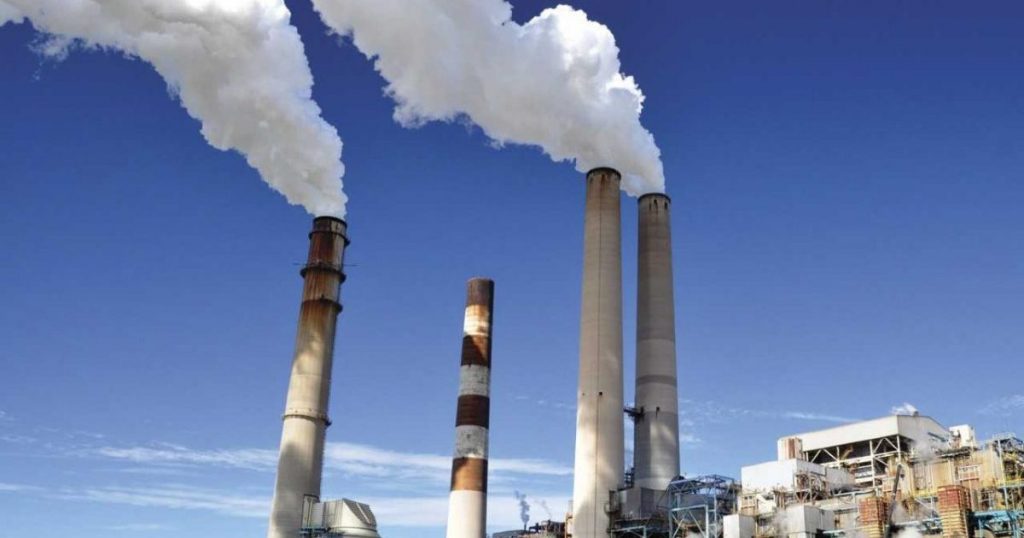How Industries Can Profit from Historic Inequities and Create Oppressive Systems
Writer Anya Groner says there is a direct line between the history of slavery and modern environmental racism.

Chapter Two of the Atlantic’s Inheritance project continues to explore Black history in the Spaces and Places “Where Memories Live.” One of the newest pieces comes from writer Anya Groner, titled “One Oppressive Economy Begets Another.”
“In a lot of ways it goes back to the idea of some bodies literally being valued more than other bodies.” –Anya Groner, New Orleans Center for Creative Arts
The article centers on Sharon Lavigne, an advocate for environmental regulation in the St. James Parish region of Louisiana. The region is home to hundreds of petrochemical and petroleum plants, which emit carcinogens into the air of the surrounding mostly Black communities. Groner talks about how the history of slavery and Black oppression enables present-day environmental racism.
Listen: Anya Groner on the history and reality of environmental racism.
Guest
Anya Groner is a writer and teacher at the New Orleans Center for Creative Arts. Her piece in the Atlantic’s Inheritance project is titled “One Oppressive Economy Begets Another.” She says the region of Louisiana featured in her article is a classic example of environmental racism. “It’s often called cancer alley … because there’s so many petrochemical and petroleum plants in the area.”
Groner says because the plants need many of the same resources as historic sugar plantations, most of the 200 plants are built on the graves of enslaved people. She says these industrial areas are concentrated close to Black communities, who rarely benefit from the plants.
“In a lot of ways it goes back to the idea of some bodies literally being valued more than other bodies,” says Groner, who says both the people and the environment in these areas are disproportionately neglected. “There’s this narrative that these people can either have jobs, or they can have environmental regulation,” she says. “We need to create a new narrative where we’re creating jobs that are good for the environment, or at least not damaging it.”
Trusted, accurate, up-to-date
WDET is here to keep you informed on essential information, news and resources related to COVID-19.
This is a stressful, insecure time for many. So it’s more important than ever for you, our listeners and readers, who are able to donate to keep supporting WDET’s mission. Please make a gift today.
